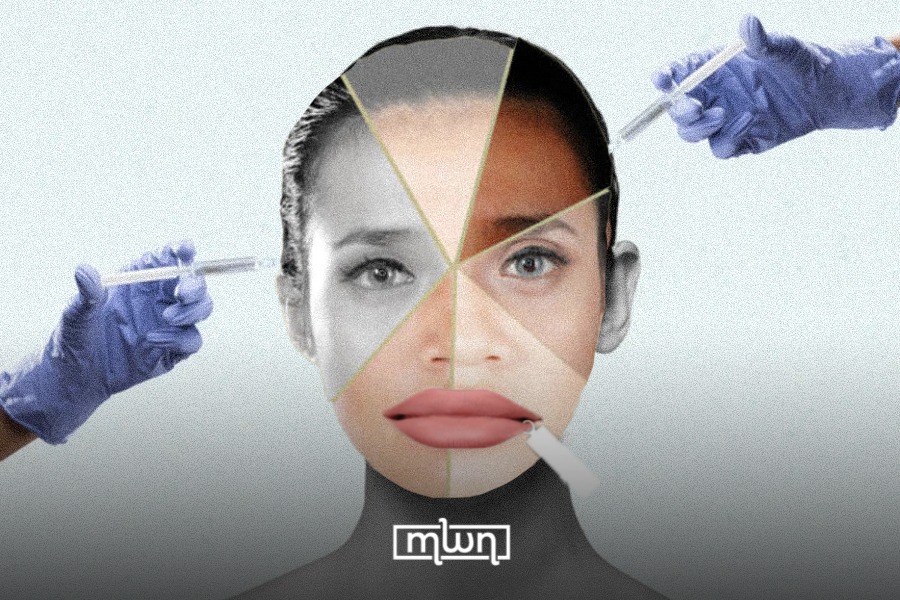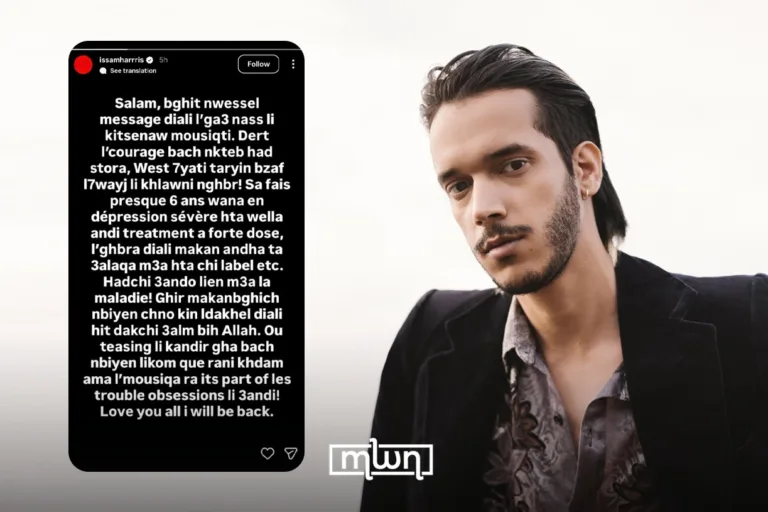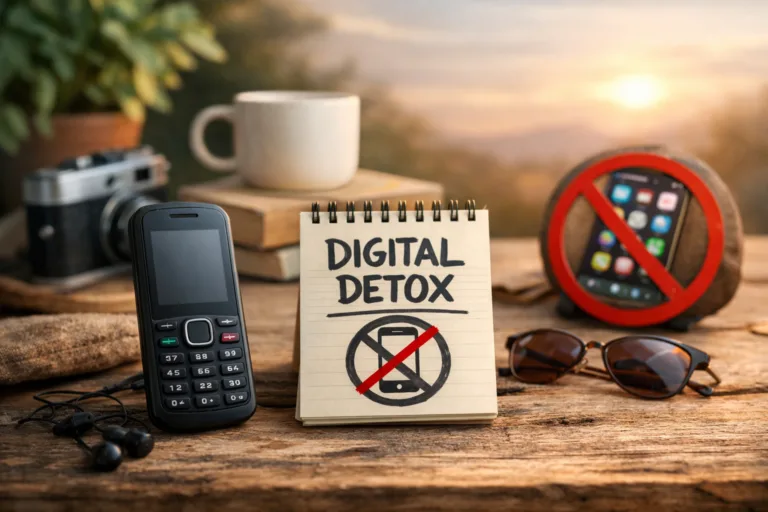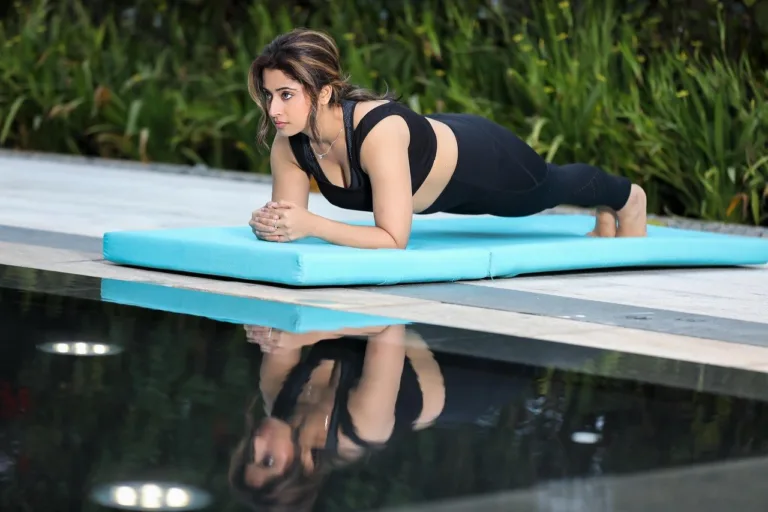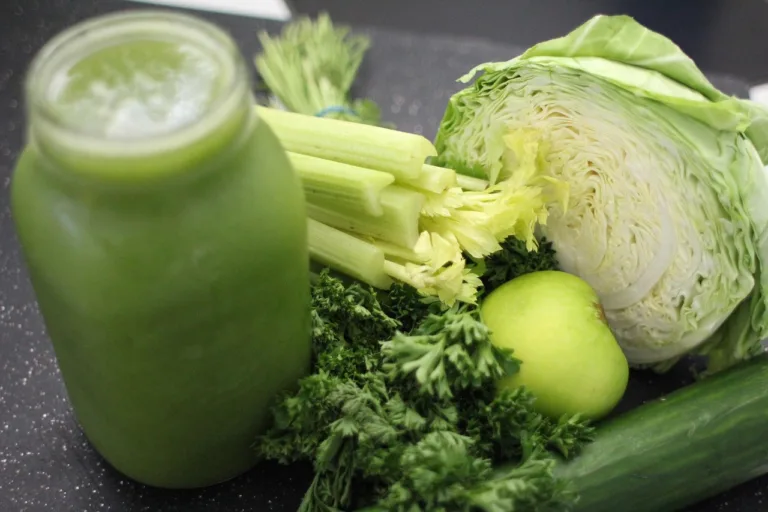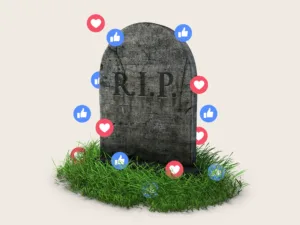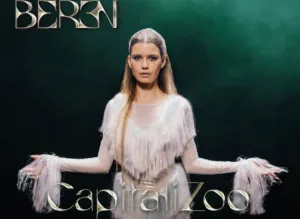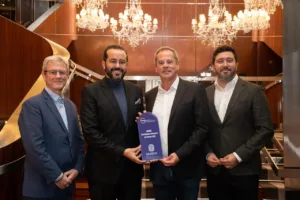Beneath the glossy facade of beauty standards lies a deeper truth — let’s wipe off the glam and see what’s beneath the surface.
Fez – In the era of social media, beauty standards have grown increasingly rigid, imposing damaging expectations on both men and women.
These unrealistic ideals, often perpetuated by online trends, create a toxic cycle of comparison and self-doubt, leading to widespread mental health challenges like depression, anxiety, and poor self-esteem.
Take, for example, the rise of TikTok filters that distort reality. Filters that give users high cheekbones, smooth skin, and plump lips reinforce an unattainable “snatched” face ideal.
Many young people feel pressured to match these artificial features in real life, sparking insecurity about their natural appearances.
For instance, trends like “What I Eat in a Day” videos on YouTube and TikTok glamorize restrictive diets and fuel unhealthy relationships with food and body image.
These pressures start early, but they don’t disappear with age. People in their late teens and twenties continue to face scrutiny over their weight, appearance, or style.
Platforms like Instagram magnify these issues by celebrating curated perfection, where “perfect” bodies dominate the Explore Page, and captions often pair beauty with worth.
A prime example is the “slim-thick” ideal, popularized by influencers, which glorifies a narrow waist paired with exaggerated curves—a body type that is unachievable for most without surgery or extreme fitness routines.
The psychological toll extends beyond individual insecurities. Social media’s emphasis on Eurocentric beauty standards, such as fair skin, straight hair, and slim noses, marginalizes people of color and reinforces a singular, exclusionary definition of beauty.
Features and appearances outside these norms are often overlooked or fetishized rather than genuinely celebrated.
For some, these unattainable standards lead to feelings of alienation. Many internalize self-critical thoughts, labeling themselves as “too fat,” “too skinny,” or “too unattractive” to fit in.
Isolation during formative years, compounded by such judgments, can stifle social growth and leave lasting scars.
Yet, the tide is slowly shifting. Movements promoting body positivity and self-acceptance challenge these harmful norms. Hashtags like #NormalizeNormalBodies and campaigns from brands embracing diversity showcase a broader range of beauty. For example, the rejection of highly edited “before-and-after” transformation videos reflects a growing awareness that worth isn’t tied to appearance.
To dismantle harmful beauty standards, society must foster a culture of empathy and inclusivity. Social platforms have a role to play by promoting authentic and diverse content rather than curated perfection.
Individuals, too, can reject the pressure to conform by celebrating their uniqueness and redefining beauty on their own terms.
Remember, your worth isn’t measured by filters, trends, or others’ opinions. Real strength lies in embracing who you are, flaws and all.
Let’s work toward a future where beauty celebrates individuality rather than conformity.
Read also: Morocco’s Fashion Evolution From Classic Elegance to Chaotic Trends

